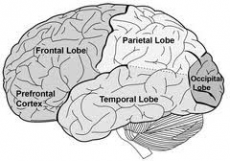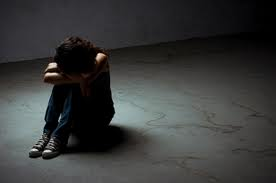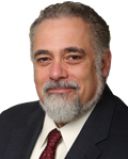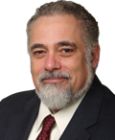Addiction
Addiction Is Not a Crime But Can Lead to Them
Blaming the addicted for being addicted does not help their recovery
Posted January 3, 2013
There is an unfortunate tradition of being angry and disgusted at people who are addicted to heroin. Seeing addiction as a moral failing, these folks become outraged that our government spends their tax dollars on treating people who knew from the start they were using an addictive drug, in essence telling them they were on their own and we should not be spending a dime to help them.

Their addiction was their fault and they were stuck with it. If those repelled by the addict had their way all of these people would be cast aside to rot.
I work with kids who are using heroin, alcohol, marijuana, every drug conceivable. Unlike adults, their ability to anticipate the future consequence of using a drug is under-developed. They never could anticipate getting addicted but they are. Each and every one of them started by smoking marijuana. Each and every one of them said, “Not me, I’m never going to use heroin. It’s just weed. I’m not going to get addicted.” But addiction cannot be simply willed away. In their heart of hearts they want to be sober. But addiction doesn’t happen in the heart. It happens in the brain.
When a brain is so overwhelmed with a desire to get a drug, it blocks the ability to think rationally.

All the kids, the adults, be it your own brother, spouse, sister, relative, child, neighbor, co-worker, all they can think about is how to get the drug. Addiction crosses all social boundaries. Young and old, rich and poor, men and women, every racial group, none of these are an immunization. After a while they are not even getting high, just using to not go through the gut wrenching withdrawal of a brain being depleted of the addictive substance.
When a person is robbed of rational thought it is our responsibility to substitute that thought until they can again take over. None of the kids I treat started using drugs with the intention of getting addicted. None of the kids I treat started using drugs with intention of hurting someone else.

But they have, and for that they are held responsible and accountable. But each of them has within them an amazing potential, one that I personally am dedicated to retrieve, revive, and remind them of. People who believe that we should abandon the very people who need us the most are devoid of not just compassion, but common sense.
Outrage over ongoing difficulty has led some citizens to declare our tax dollars have failed to decrease crime and addiction. But this is just not true. We are slowly educating kids that these drugs are not safe, and that their wish for adolescent invulnerability will be sorely humbled by the snapping jaws of addiction. When a kid knows a drug is dangerous they are less likely to use it. This is the first year ever that more kids are smoking weed than tobacco. From two decades of persistent public health education kids now know that cigarettes are dangerous. We have to do the same for marijuana. Medical marijuana is not safe just because we call it “medical.”
Addiction is not a crime but can lead to them. The real stolen jewels are the people robbed from us by addiction.

If we followed the rationale of those who continue to see addiction as a moral flaw, these kids should be abandoned now to a cardboard box behind a dumpster. This is the real crime that would be committed. For those adults who advocate to with hold treatment can anticipate the consequence of that decision. The crime is the conscious coldly rational choice to let them die. The real crime is committed by people who turn their backs on those most in need of our help.
Prevention works, treatment works, but to continue to vilify people struggling with addiction, to continue treating them as lepers and pariahs is simply wrong. And to blame the addict for getting addicted reveals a deep seated and very dangerous intolerance, disdain, and self-righteous prejudice, a judgment that says more about a sector of our community than the addict they so strongly despise.


